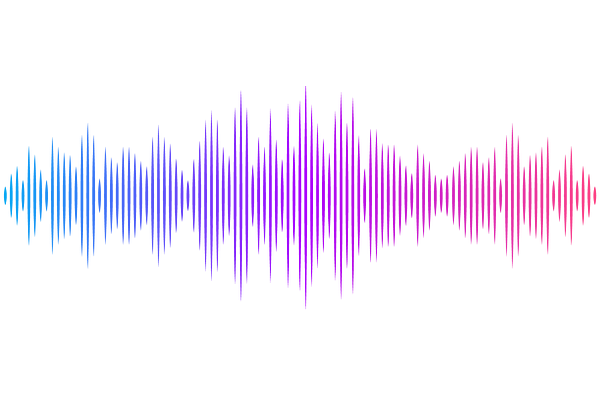Qing-Luo-Yin eases angiogenesis in adjuvant-induced arthritis rats by activating PPARγ

Qing-Luo-Yin eases angiogenesis in adjuvant-induced arthritis rats by activating PPARγ
zuo, j.; Yang, Z.
AbstractObjective: Qing-Luo-Yin (QLY) is an anti-rheumatic herbal formula with potentials activating PPAR{gamma}. This study investigated if its anti-angiogenesis effects are related to immune modulation. Method: Adjuvant-induced arthritis (AIA) rats were orally treated by QLY or rosiglitazone (a PPAR{gamma} agonist) for 30 days. Their immune and metabolism statues were investigated afterward. Isolated monocytes and lymphocytes were co-cultured reciprocally, and treated by different serums. Healthy rats received blood transfusion from QLY-treated or AIA model rats. Two days ahead of sacrifice, a matrigel plug was planted. The plug and some blood immune indicators were examined. AIA rat serum-incubated THP-1 and Jurkat cells were treated by sinomenine, berberine and palmatine. The medium and T0070907 (a PPAR{gamma} inhibitor) were used to stimulate HUVEC cells. Results: QLY showed similar therapeutic effects on AIA to rosiglitazone, alleviating joint injuries, synovial angiogenesis, and metabolic disorders. Although QLY impaired inflammatory phenotype of AIA monocytes in vivo, the effect was hardly achieved or sustained in vitro. T cells from QLY-treated AIA rats showed the weakened inflammatory phenotype, and were unable to induce monocytes inflammatory polarization. AIA rat lymphocytes induced angiogenesis in the matrigel plug in healthy recipients. In lymphocytes enrichment site, QLY reduced the secretion of IL-17A, IFN{gamma}, and many angiogenesis-related cytokines. QLY-related components affected Jurkat but not THP-1 cells. Jurkat T cells induced angiogenesis of HUVEC cells when cultured by AIA rat serum. Inhibitory effects of the compounds on it were abolished by T0070907. Conclusion: PPAR{gamma} activation in T cells is a foundation for the anti-angiogenesis property of QLY.